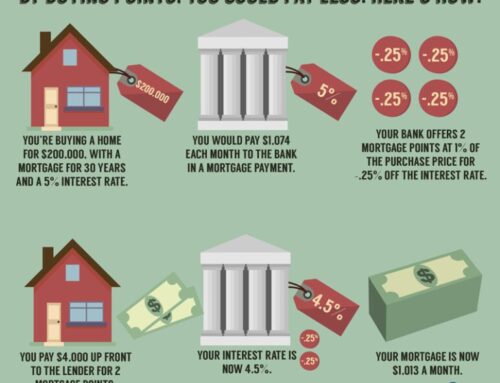Scammers have targeted delinquent borrowers during the past few years, hoping to take advantage of their desperation and financial inexperience. Their approach typically involves posing as a representative of a nonprofit or government agency who can help with a loan modification or some other form of assistance.
Sheri Stuart, education manager at Springboard Nonprofit Consumer Counseling, says she frequently encounters consumers at courses offered by her organization who have been victimized by these scams. Stuart says she recently met a couple from Southern California at one of these events who’d paid $3,000 to a fraudulent company in an attempt to keep their home out of foreclosure.
“It’s disconcerting,” she says. “It has a ripple effect. It not only affects the home owners, it affects the communities as well.”
To keep more consumers from being taken in by these scams, Stuart offers the following four red flags to help determine whether borrowers’ knight in shining armor is actually a swindler on the make:
1. They ask for money up front. “That’s usually an indication that someone has an ulterior motive,” Stuart says.
2. “Phantom help” appears out of nowhere. If a consumer hasn’t proactively contacted anyone about missed mortgage payments, but suddenly gets calls and mail about getting help for missed mortgage payments, it’s probably a scammer.
3. They present phony credentials. Many companies that claim to offer assistance will have official-looking seals from credentialing institutions on paperwork, promotional materials, and Web sites. Research those organizations to make sure they actually exist.
4. They make promises they can’t deliver. If they make ambitious guarantees about being able to modify loans or halt foreclosures, that should set off alarm bells. “Nobody can promise you a loan mod,” Stuart says.
If your you suspect you have been targeted, contact Loanscamalert.org to get more information and report the scammers.



